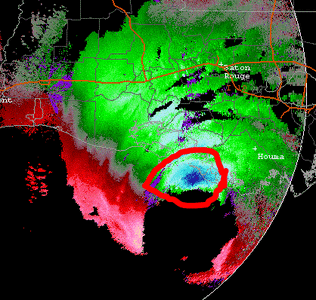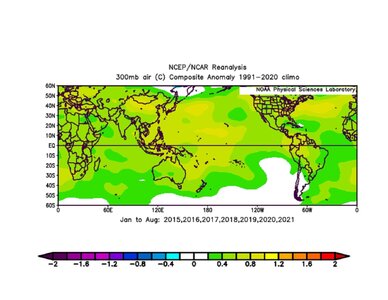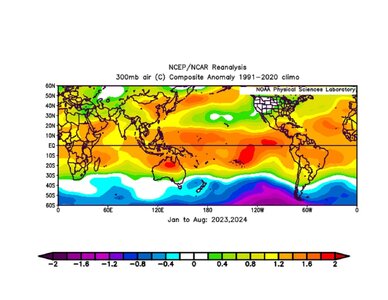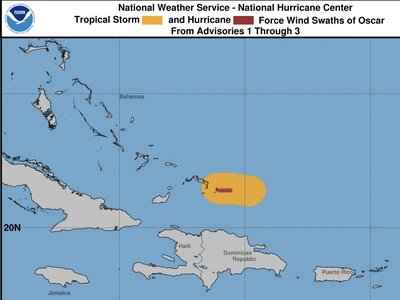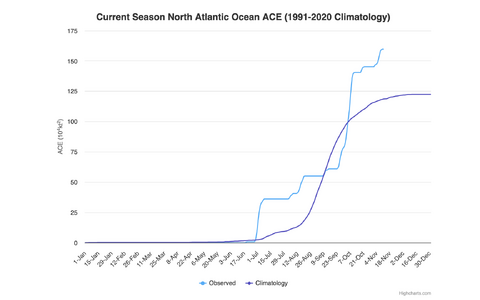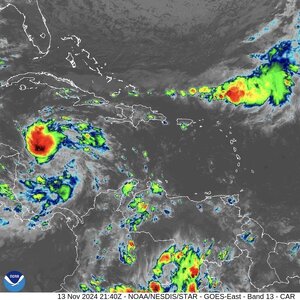William Monfredo
EF4
We finally have something to watch. Front in the Gulf provides some convergence. Tucked into the western GOM about as "good" as can be expected this year now. Next week, who knows? Medium chances of development, though.
Will potential "Francine" have enough time over water? Note the cloud band from area of concern arcing northeast toward coast near Louisiana.
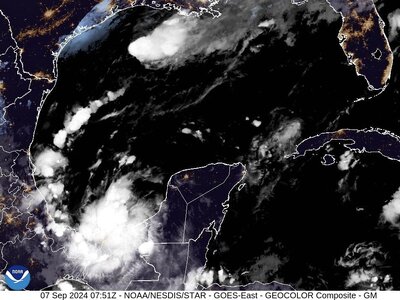
Will potential "Francine" have enough time over water? Note the cloud band from area of concern arcing northeast toward coast near Louisiana.


